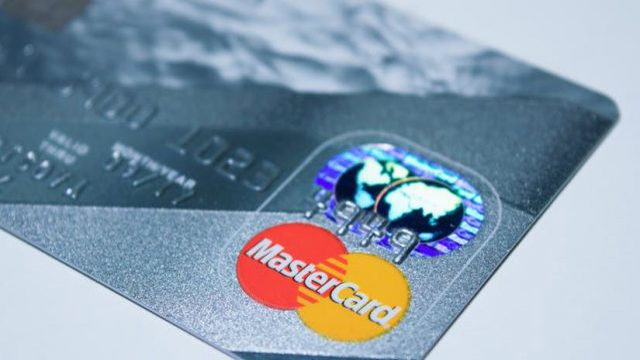Advertiser Disclosure
Savings Accounts 101
Updated On November 13, 2021
Editorial Note: This content is based solely on the author's opinions and is not provided, approved, endorsed or reviewed by any financial institution or partner.

What Is a Savings Account?
An online savings account is a bank account where you can save money and earn interest. Assuming that your bank is federally-insured through the FDIC (Federal Deposit Insurance Corporation), your online savings account also will be FDIC-insured up to $250,000.
The best savings account often is online and is a high yield savings account. A high yield savings account enables you to earn interest on your savings account balance at a higher rate than a typical savings account. Therefore, the best savings account means more money in your pocket.
Why Do You Need a Savings Account?
You need an online savings account for several reasons:
- Save for your future. The best online savings account can help you save funds for your future. You can deposit your paycheck in your online savings account, and invest in your future.
- Earn high yield interest. The best savings account helps you earn interest income that can be significantly higher than the national average for a traditional savings account. Most high yield, online savings accounts offer an annual percentage yield (APY) that is higher than 1%.
- Ease of use. An online savings account is mobile friendly and can help you manage your account and transfer money with ease.
- Limit on transfers. Under federal law, you can withdraw or transfer funds no more than six times per month. This can help instill discipline, since a high yield online savings account is intended to help you save so you shouldn’t transfer funds frequently.
What Is the Difference Between an Online Savings Account and Traditional Savings Account?
Traditional Savings Account: A traditional savings account is a default savings account offered by a brick-and-mortar bank. Typically, you can link your savings account to your checking account, and move money between the two accounts. Traditional savings accounts usually do not come with checks and also may require a higher minimum balance. The biggest downside of a traditional savings account is the interest rate. Compared to CDs and investing accounts, the interest rate on traditional savings accounts are very low.
Online Savings Account: An online savings account is almost exclusively online and offers a much higher interest rate. The best online savings account can offer higher annual percentage yield (APY) because the bank saves costs by not having additional or any physical branches to support online savings accounts. Most online savings accounts have excellent customer service, so you still have access by phone, email or chat to speak with customer service. An online savings account is a great option if you are comfortable with mobile and online banking. With the best online savings account, the good news is that you can earn a higher yield and typically do not need to maintain any minimum balance. Some online savings account may also pay you a higher yield if you have a higher balance. This is known as a tiered rate savings account.
How Do You Find the Best Online Savings Account?
You can find the best online savings account here on Mentor. Mentor’s list of the best online savings accounts includes banks that we believe offer the best online savings account rates, best customer service, savings account management tools and lowest fees.
You can compare these online savings accounts on Mentor, and choose the best savings account for you.
Then you can open an account directly through Mentor with one of our partners. You will need to provide basic information such as you name, Social Security Number, driver’s license and other contact information.



